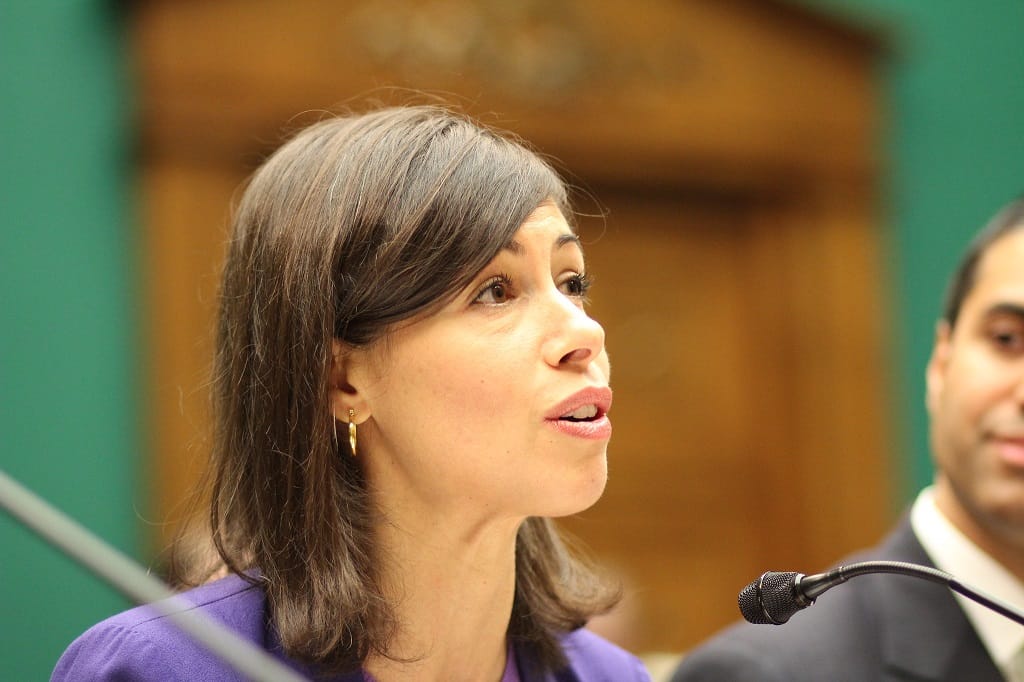FCC Commissioning Mobile Wireless and Fixed Broadband Data for Better Mapping
The agency released a statement of objectives earlier this month.
Ahmad Hathout

WASHINGTON, November 17, 2021 – The Federal Communications Commission this month released a statement of objectives to get mobile wireless and fixed broadband performance data for at least the next year.
The November 2 document is intended to aggregate mobile wireless broadband and fixed broadband performance data that will “support the Commission’s analysis of broadband performance and availability in several Commission reports, including its statutorily-required annual Broadband Deployment Report and its biennial Communications Marketplace Report (CMR),” the document said.
The tentative schedule for data collection will be from January 1, 2022 to December 31, 2022, with an option to extend for another three years beyond that, to December 2025.
The data will include consumer-initiated mobile wireless speed tests from Android and iOS devices and other operating systems, like Windows on desktop, for fixed internet connections. It should include rural and non-rural markets and have data dating back to at least January 2021. The data would also be aggregated based on technology and provider, domestic city-level, and international comparisons.
Respondents are being asked to submit their capabilities of collecting this test data and provide a response to the FCC by November 23.
One of the agency’s primary objectives is to get better mapping data to make better decisions on where to disburse federal funds and to avoid mistakes. The agency is currently going through a bit of a clean-up operation after the Rural Digital Opportunity Fund’s reverse auction process awarded winning bidders with money to build in areas that already have adequate services. The defaulting bidders said in letters that they relied on the FCC’s Form 477 data, which supplied inaccurate information as to coverage. (The FCC’s Form 477 data, which relies on service provider information, has been mired by problems for years.)
On November 9, the FCC awarded a contract to broadband consulting firm Costquest Associates to collect data on the availability and quality of fixed broadband internet access across the country as part of the agency’s obligations under the Broadband Deployment Accuracy and Technological Availability Act, which became law last year.
The law requires the agency to collect granular data on fixed and wireless broadband, create publicly available coverage maps, and create a common dataset of all locations where fixed broadband internet can be installed, called the “Fabric.” Costquest will need to provide this fabric dataset, which includes all structures – defined as households and buildings – in the 50 states and its territories and note whether internet access is, or should be, available.
Speaking at the Marconi Society Symposium last month, FCC chairwoman Jessica Rosenworcel said the agency’s crowdsourcing mapping efforts is a valuable way to ensure the maps are as accurate as possible.











Member discussion